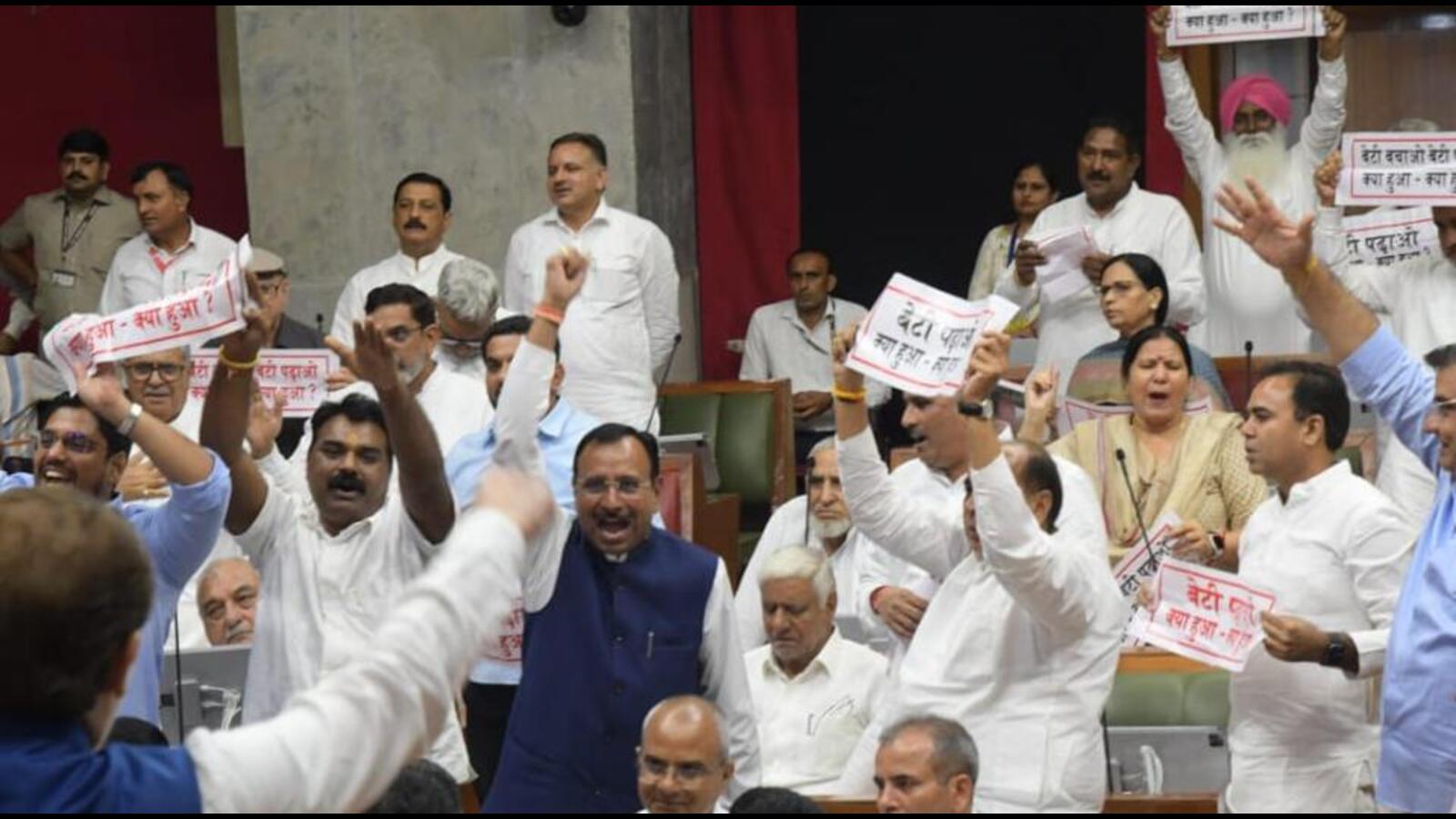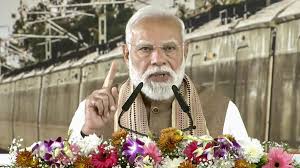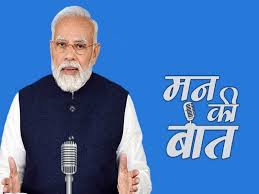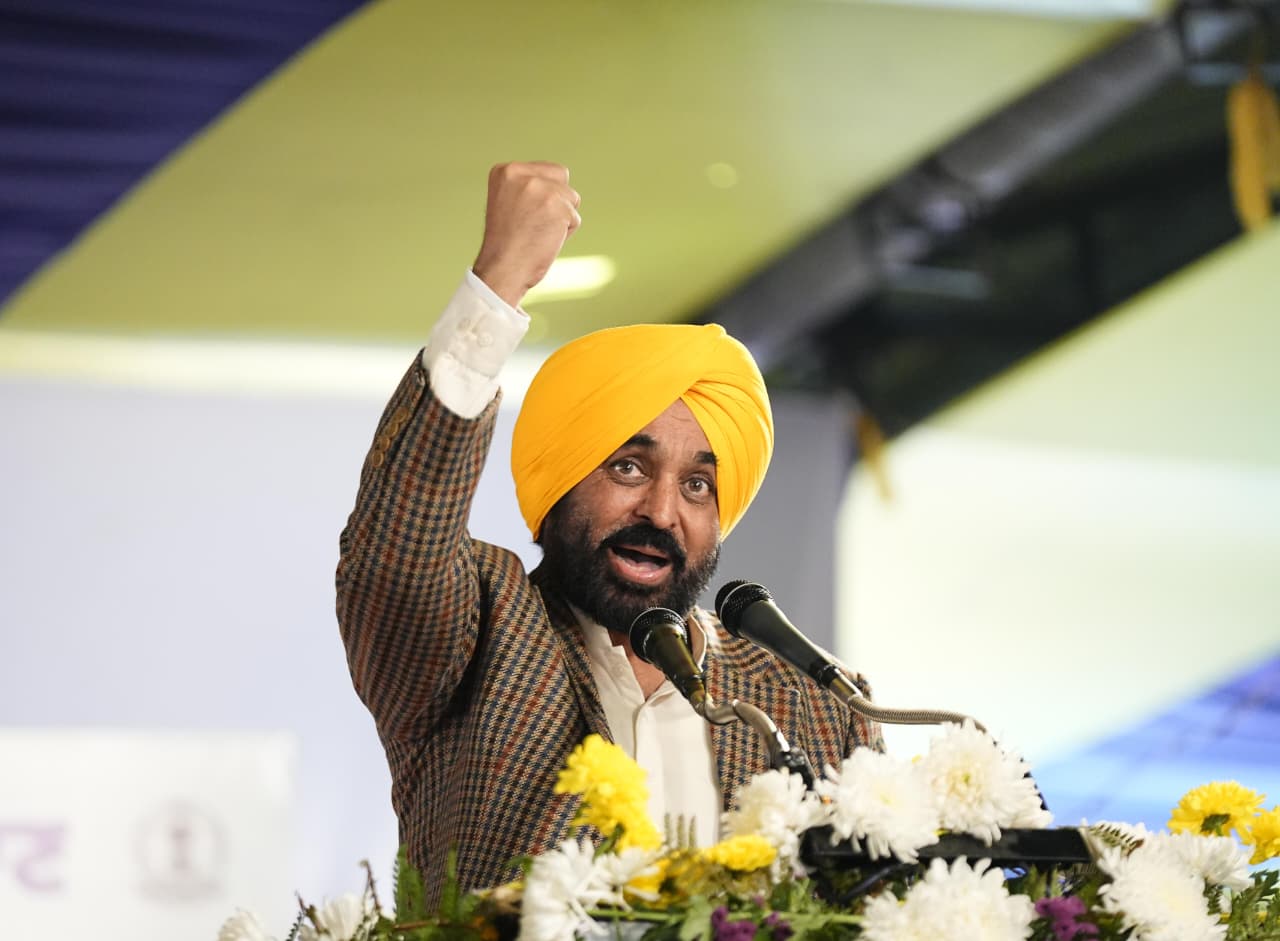Listen To This Post
New Delhi : The Supreme Court on Thursday directed the Election Commission of India (ECI) to make public the names of over 65 lakh voters deleted from Bihar’s electoral rolls, along with the specific reasons for their exclusion. The move comes amid growing political and civil society concerns over the ongoing Special Intensive Revision (SIR) of the voters’ list in the poll-bound state.
A Bench of Justices Surya Kant and Joymalya Bagchi, while hearing multiple petitions challenging the ECI’s June 24 decision to conduct the SIR, said the exercise must be transparent and widely publicised to ensure that no eligible voter is left out.
Details to Be Displayed at Panchayat and District Level
The court directed that the complete list of deleted names — which previously appeared in the electoral roll but were dropped from the draft list — be published on August 1 and displayed at all panchayat offices and the offices of district-level returning officers. Each entry must clearly state the reason for deletion.
According to ECI data submitted to the court, the reasons cited for non-inclusion were:
-
Death: 22.34 lakh voters
-
Permanently shifted/absent: 36.28 lakh voters.
-
Already enrolled at more than one place: 7.01 lakh voters
The Bench also instructed that information about the list’s availability be disseminated through vernacular and English newspapers, television news channels, and radio broadcasts so that people are aware of their right to verify and appeal.
Right to Appeal with Aadhaar
The court made it clear that any person aggrieved by the deletion of their name may approach election officials with their Aadhaar card for redressal. The matter will be heard again on August 22, with the ECI directed to file a compliance report on the court’s orders.
Petitioners Question the Basis of the SIR
Senior advocate Rakesh Dwivedi, representing the ECI, defended the SIR as necessary and within the commission’s powers. He lamented that the poll body was functioning “in an atmosphere of sharp political hostility,” where losing parties often blamed electoral machinery like EVMs and winning parties praised them.
Dwivedi also pointed out that about 6.5 crore people in Bihar did not need to submit any documents for the SIR since they or their parents were registered in the 2003 electoral roll. However, petitioners challenged this cut-off date, calling it arbitrary and lacking “intelligible differentia.”
Advocate Nizam Pasha argued that there was no clear evidence or legal basis to treat the 2003 voter list as more authentic than those compiled in subsequent summary revisions. “If the process for intensive and summary revisions is the same, how can EPIC cards issued in summary exercises be considered less valid?” he asked.
Concerns Over Process and Discretion
Petitioners also alleged that booth-level officers wield excessive discretion, with no receipts or acknowledgements given for voter enumeration forms, creating scope for exclusion. Senior advocate Shoeb Alam said the current procedure was “neither summary nor intensive” but an ECI-created hybrid, warning that voter registration should be a process of inclusion, not exclusion.
Court Stands by EC’s Powers
Earlier, on August 13, the Supreme Court had said that electoral rolls “cannot remain static” and revisions are inevitable. It also noted that the ECI’s decision to expand the list of acceptable identity documents from seven to eleven for the Bihar SIR was “voter-friendly, not exclusionary.” The Bench dismissed suggestions that the SIR lacked legal backing, affirming that the EC has residual powers to carry out such exercises as it deems necessary. The SIR in Bihar has become a flashpoint, with opposition parties such as the RJD and Congress, as well as the NGO Association for Democratic Reforms (ADR), challenging the move amid fears it could lead to disenfranchisement in the upcoming state elections.















